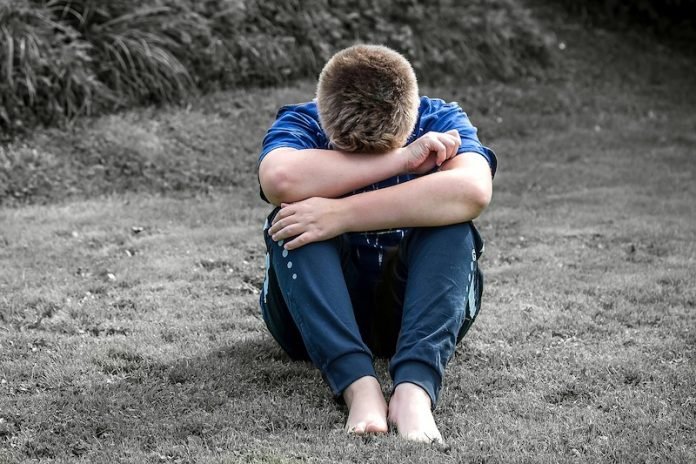
In a new study, researchers found that children who have experienced child abuse or neglect are four times more likely to develop serious mental illness such as psychoses, schizophrenia, and bipolar disorder.
The research was conducted by a team from the University of Birmingham.
Childhood maltreatment, defined as any form of physical, sexual or emotional abuse and neglect, is a global public health and human rights issue affecting more than one in three children aged under 18.
The team examined GP records dating between 1995 and 2018 of 217,758 patients aged under 18 who had experienced or were suspected to have experienced, childhood maltreatment or related concerns.
They then compared these records to the records of 423,410 patients who had not.
They found those patients who were maltreated were more than twice as likely to develop serious mental ill-health such as psychoses, schizophrenia and bipolar disorder, or require a prescription to treat mental ill-health.
The researchers also found maltreated children were more than twice as likely to develop some form of mental illness, such as depression or anxiety.
This was the biggest study of its kind to explore the association between abuse or neglect in childhood and the development of mental illness.
The researchers also found a clear under-recording of child maltreatment in GP records, and say potential opportunities to spot child maltreatment or implement management plans for these vulnerable individuals are being missed.
These findings, along with evidence from other global studies, demonstrates the substantial burden of mental ill-health following child abuse or neglect.
The team says there is a desperate need to rethink our public health approach to preventing and detecting childhood maltreatment and its associated negative consequences.
The lead author of the study is Dr. Joht Singh Chandan, Academic Clinical Fellow in Public Health.
The study is published in The Lancet Psychiatry.
Copyright © 2019 Knowridge Science Report. All rights reserved.



